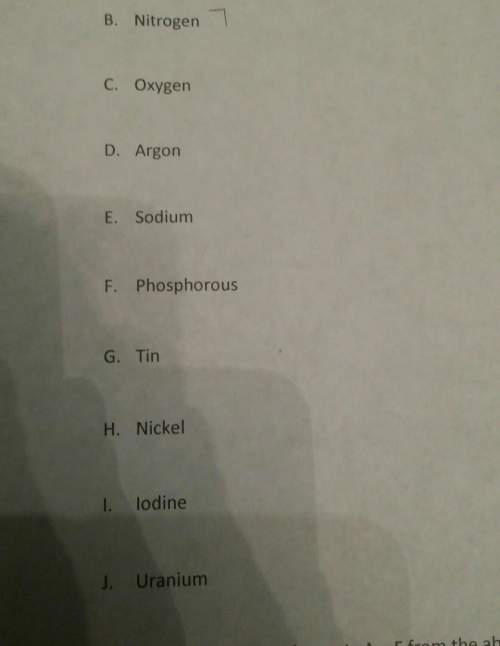
Often, we describe weak acids and bases as not fully dissociating (also known as ionizing) in water and strong acids and bases as fu dissociating in water. What is actually happening on a molecular level?
Note: the answer options only mention strong and weak acid for simplicity.
A. In the case of strong acids, the ion that is created when the hydrogen leaves is very stable. Because of this stability, it is favorable for the hydrogen to leave, since breaking that bond will release energy into the system. Weak acids, however, form a very unstable ion when the hydrogen leaves. This instability negates the energy gain that would happen from the breaking of the bond with the hydrogen, so it is less favorable to brealk. In the qpse of strong acids, the hydrogens are very mobile and able to interact with the water easily. Because of how accessible the hydrogen is to the water, the water can easily pull off the hydrogen, and will fully ionize the acid.
B. In the case of weak acids, the water has less access to the hydrogen (the hydrogen is less mobile and somewhat inaccessible to the water). Because of this inaccessibility, the water cannot pull off many of the hydrogens, leading to incomplete ionization of the acid. c In the case of a strong acids, the ion that is created when the hydrogen leaves is very stable in water. Because this ion is so stable, the hydrogen is free to interact and bond with the water molecules instead of re-bonding to reform the acid.
C. In the case of a weak acid, the ion that is created when the hydrogen leaves is not very stable in solution. This instability means that the hydrogen is more likely to associate with the ion and reform the acid instead of interacting and bonding with the water molecules.
D. In the case of strong acids, the dissociation of the hydrogen is extremely favorable because the bond that will formed between the hydrogen and water is much more stable than the bond that will break between th hydrogen and the acids. For weak acids, the hydrogen is bound to the acid with a much stronger bond, making it harder for the water to pullitoff Because of this diffrence in bond strength, the strong acid will befully ionized.
E. In the case of strong acids, the salt that the hydrogen is bound to is always very soluble in water (ex. HCL, Cl-is very soluble). Because of this high solubility, the hydrogens are free to dissociate away from the salt and interact with the water. In the case of weak acids, the salts formed when the hydrogens dissociate are much less soluble. Because of this low solubility, many of the hydrogens do not dissociate in water, and remain attached to the acid.

Answers: 2
Another question on Chemistry

Chemistry, 21.06.2019 15:10
Atank contains 240 liters of fluid in which 10 grams of salt is dissolved. brine containing 1 gram of salt per liter is then pumped into the tank at a rate of 6 l/min; the well-mixed solution is pumped out at the same rate. find the number a(t) of grams of salt in the tank at time t.
Answers: 3

Chemistry, 22.06.2019 01:30
Phosphorous acid, h3po3(aq) , is a diprotic oxyacid that is an important compound in industry and agriculture. the values of phosphorous acid are 1.30 6.70 calculate the ph for each of the given points in the titration of 50.0 ml of 1.5 m h3po3(aq) with 1.5 m koh(aq) .
Answers: 3

Chemistry, 22.06.2019 06:00
24. a sports ball is inflated to an internal pressure of 1.85 atm at room temperature (25 °c). if the ball is then played with outside where the temperature is 7.5 °c, what will be the new pressure of the ball? assume the ball does not change in volume nor does any air leak from the ball a) 0.555 atm b) 1.74 atm c) 1.85 atm d) 1.97 atm
Answers: 2

Chemistry, 22.06.2019 06:30
If 1.8 l of water is added to 2.5l of a 7.0 molarity koh solution, what is the molarity of the new solution
Answers: 1
You know the right answer?
Often, we describe weak acids and bases as not fully dissociating (also known as ionizing) in water...
Questions




Mathematics, 25.08.2020 17:01

Physics, 25.08.2020 17:01

Mathematics, 25.08.2020 17:01








Mathematics, 25.08.2020 17:01



Biology, 25.08.2020 17:01


Computers and Technology, 25.08.2020 17:01




